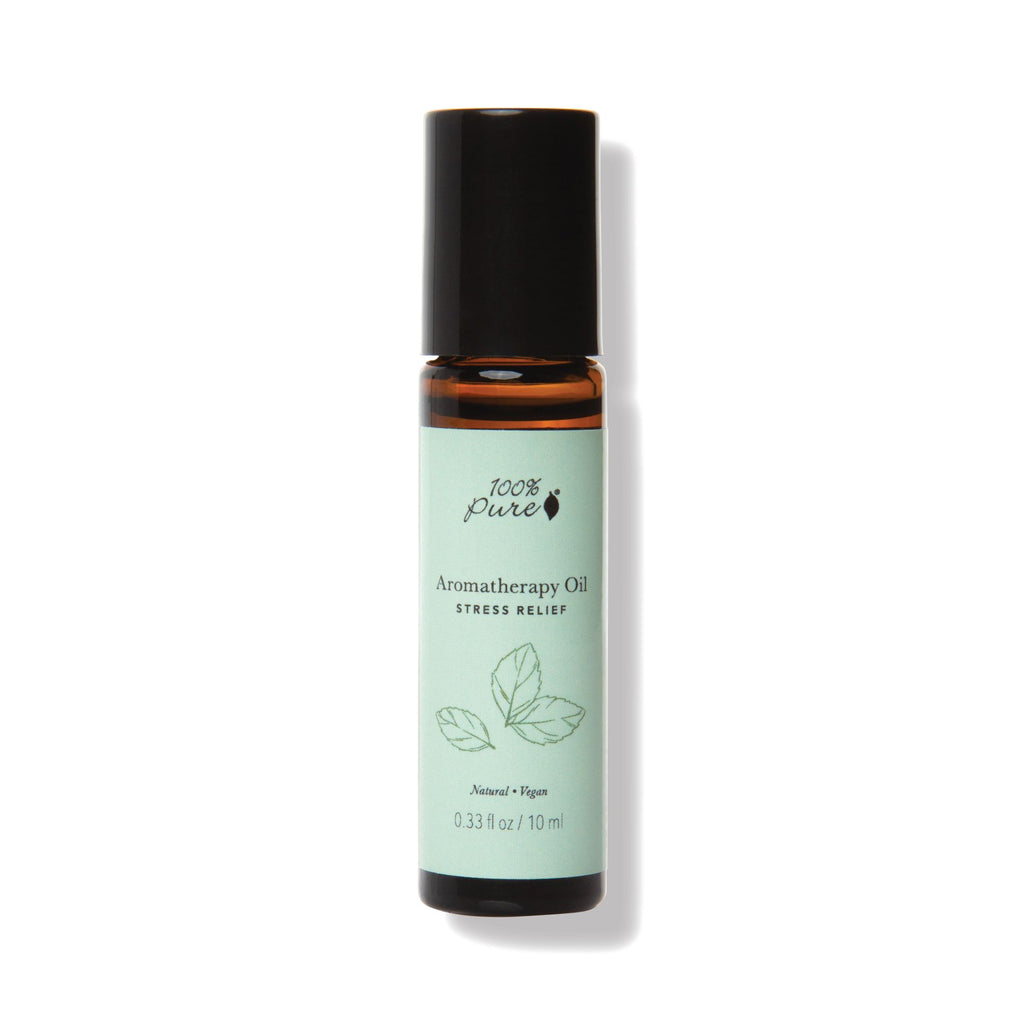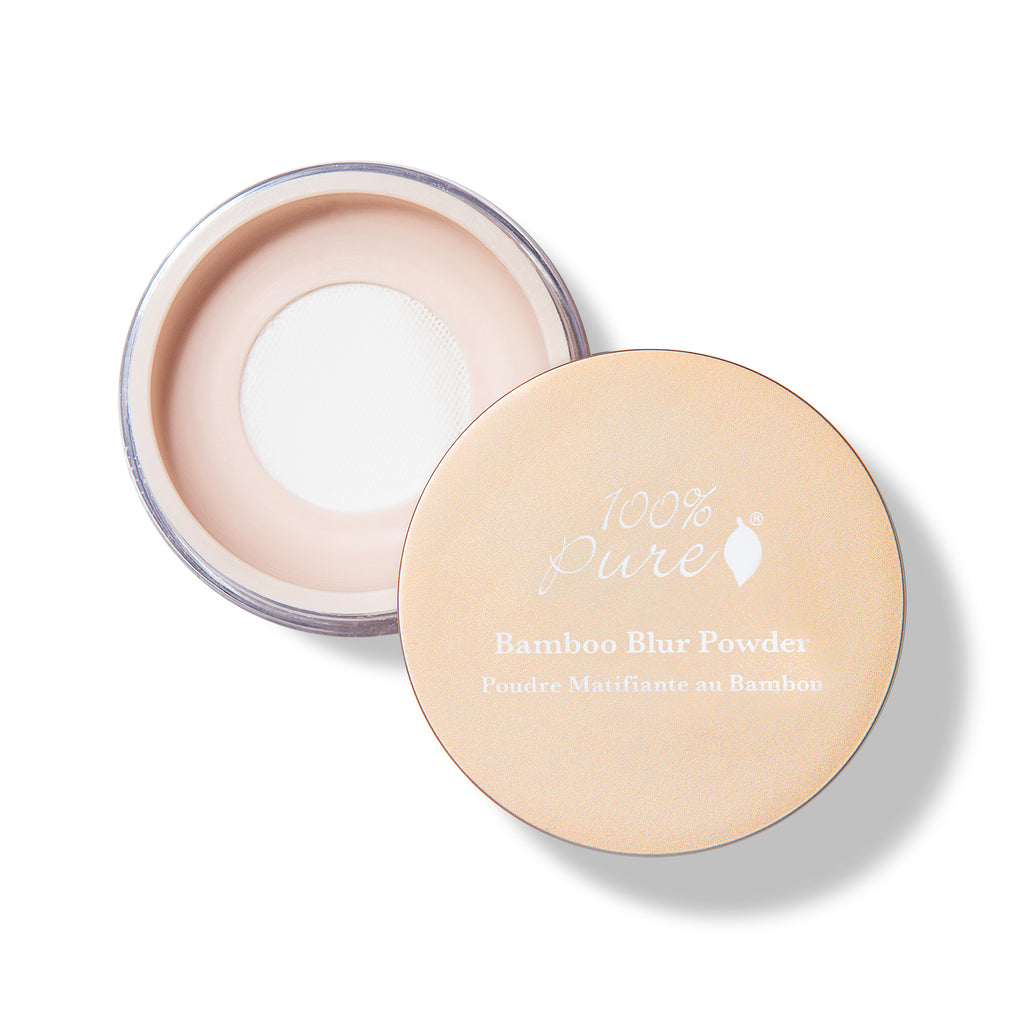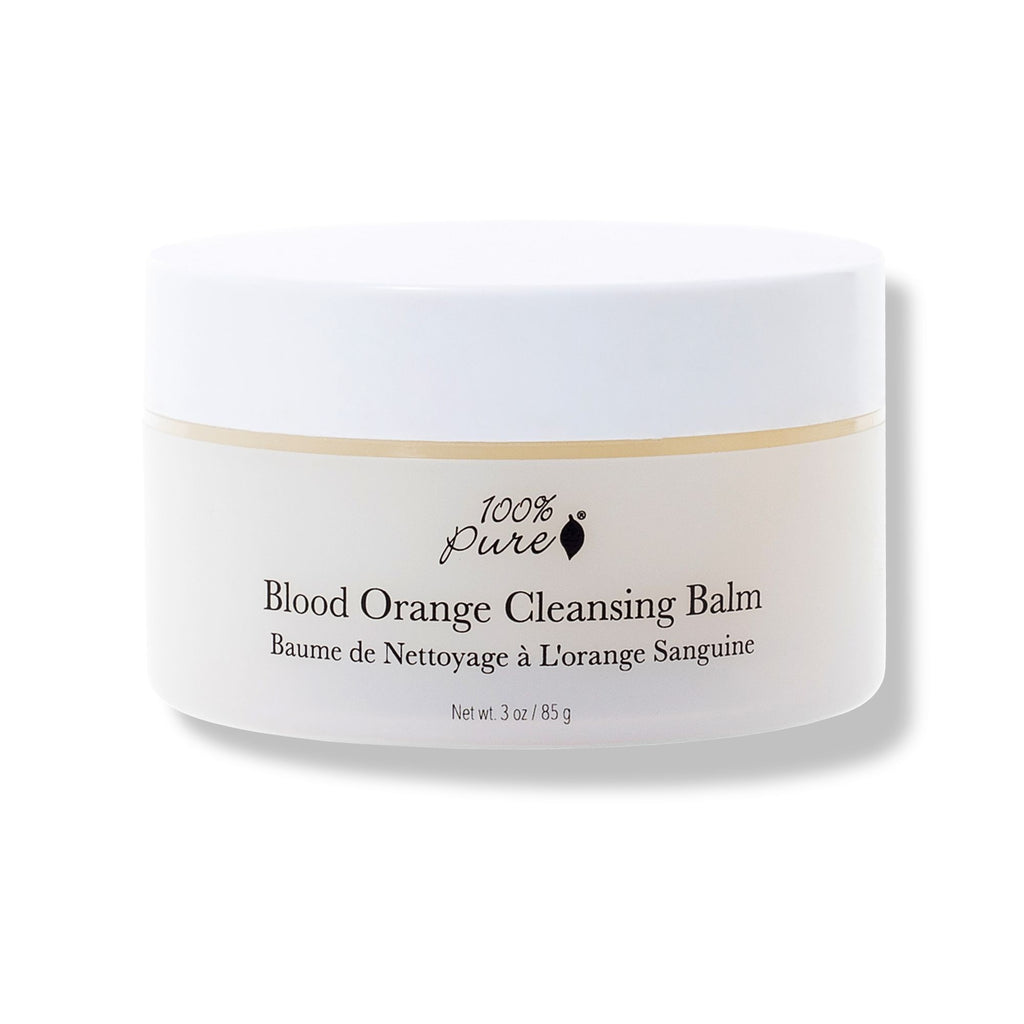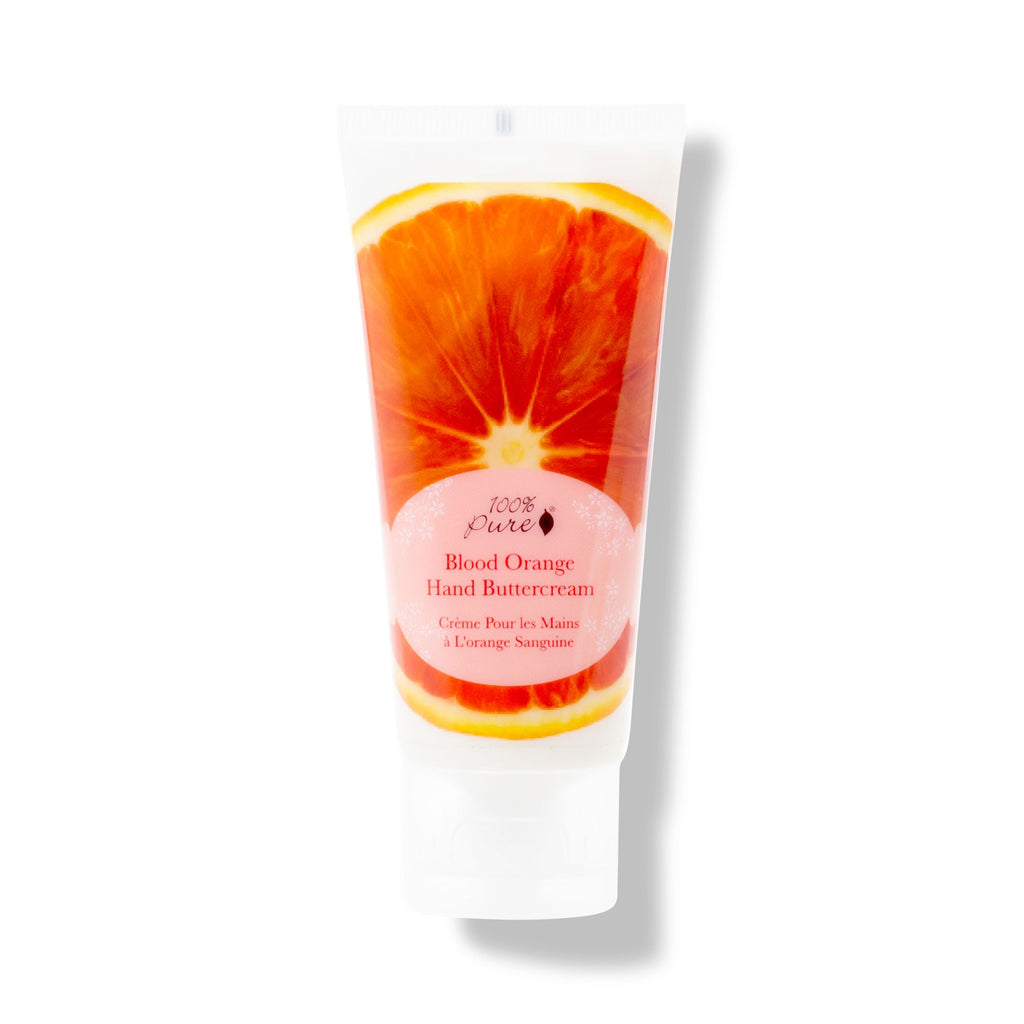

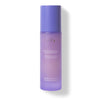
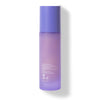
-
WHAT IT IS: Plant Alternative to Retinol Skin softening, hydrating moisturizer made with bakuchiol, the effective plant alternative to retinol. Contains the proven % of Bakuchiol in clinical studies for best results. Contains the right amount of kojic acid that can be used daily and long term to suppress tyrosinase/melanin (to prevent the formation of dark age/sun spots).SIZE: 1.7 fl oz / 50 mlHOW TO USE: Gently press onto cleansed skin. Can be used AM and PM.
-
KEY INGREDIENTS
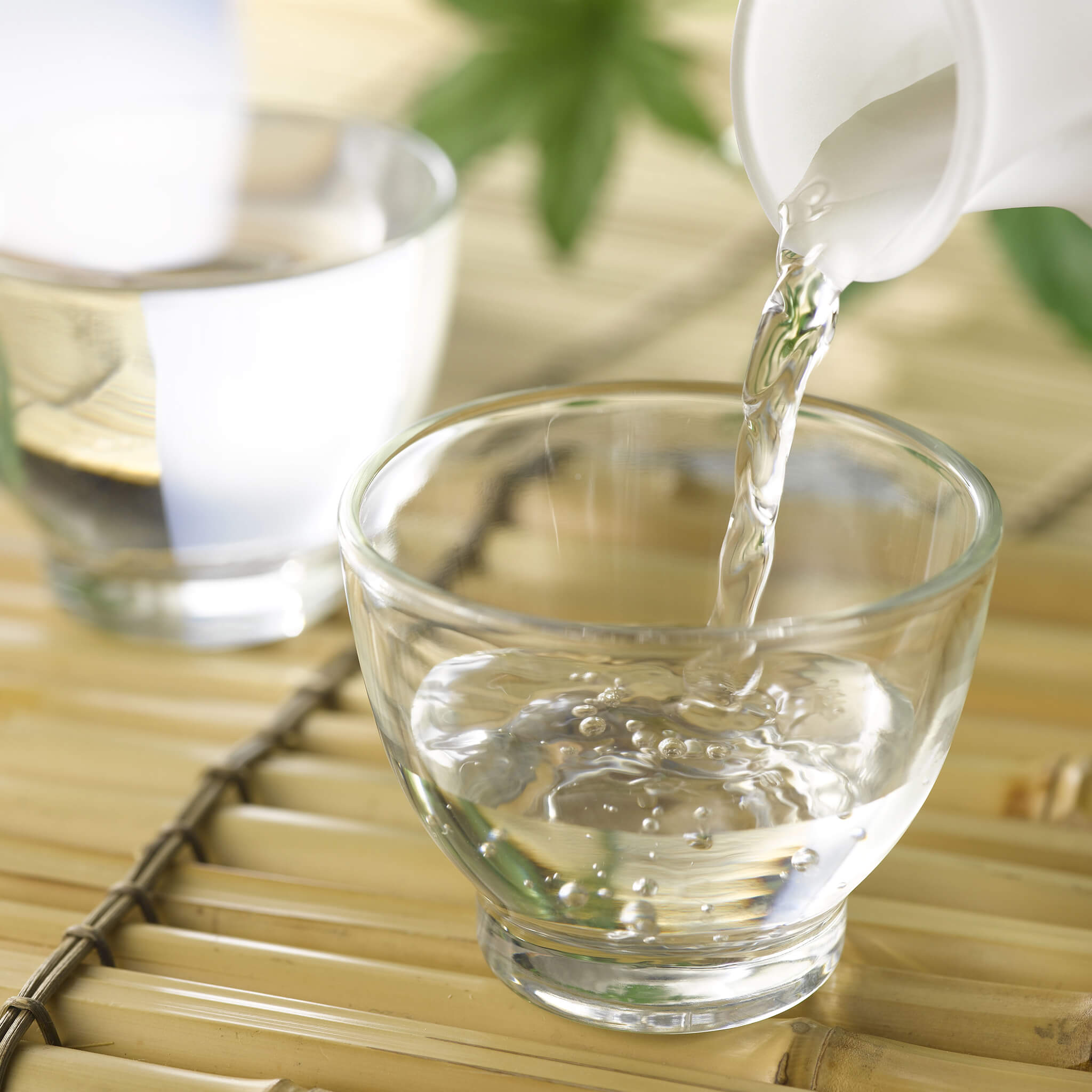 Kojic AcidKojic Acid naturally brightens skin.
Kojic AcidKojic Acid naturally brightens skin.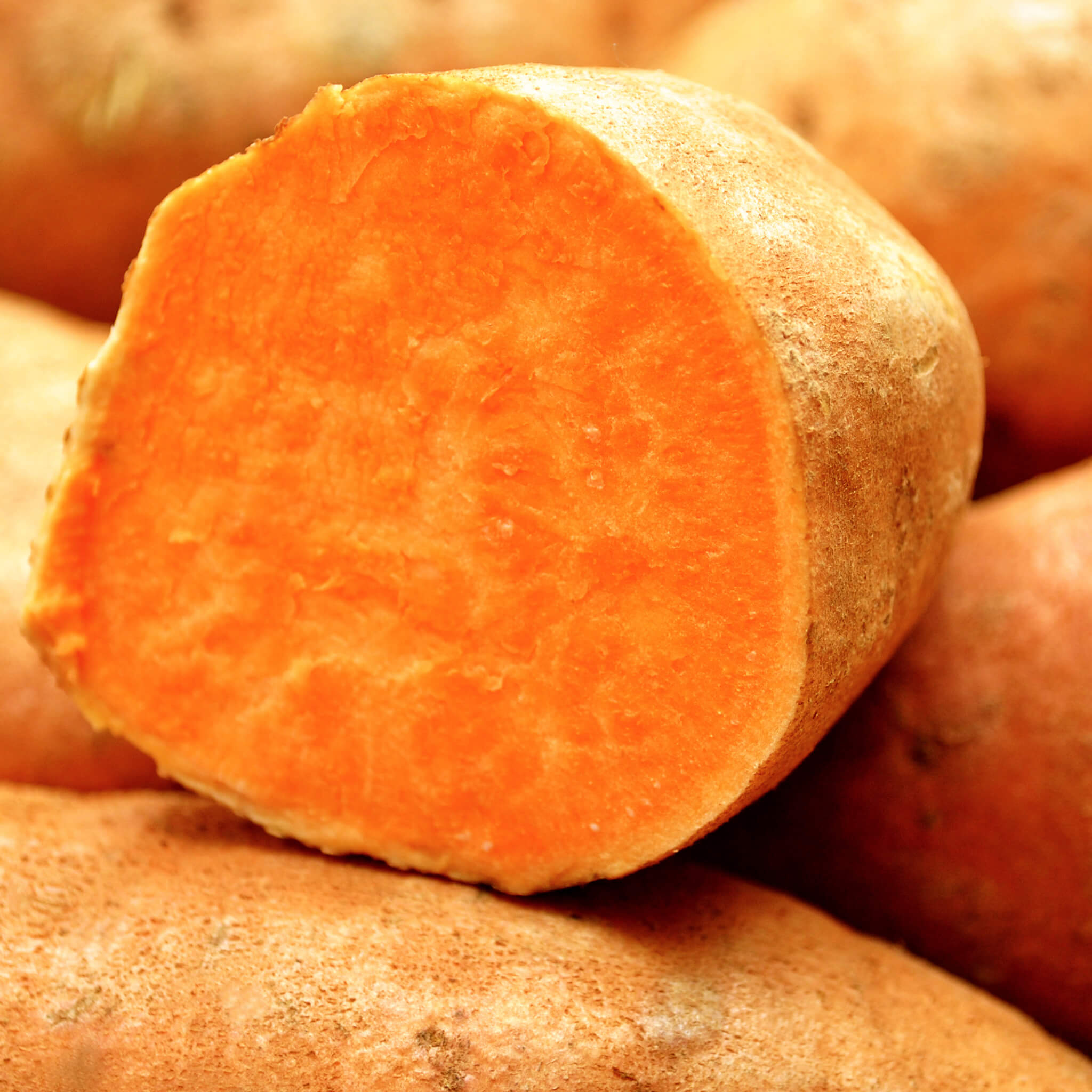 Hyaluronic AcidHyaluronic Acid encourages collagen production and improves skin hydration.
Hyaluronic AcidHyaluronic Acid encourages collagen production and improves skin hydration.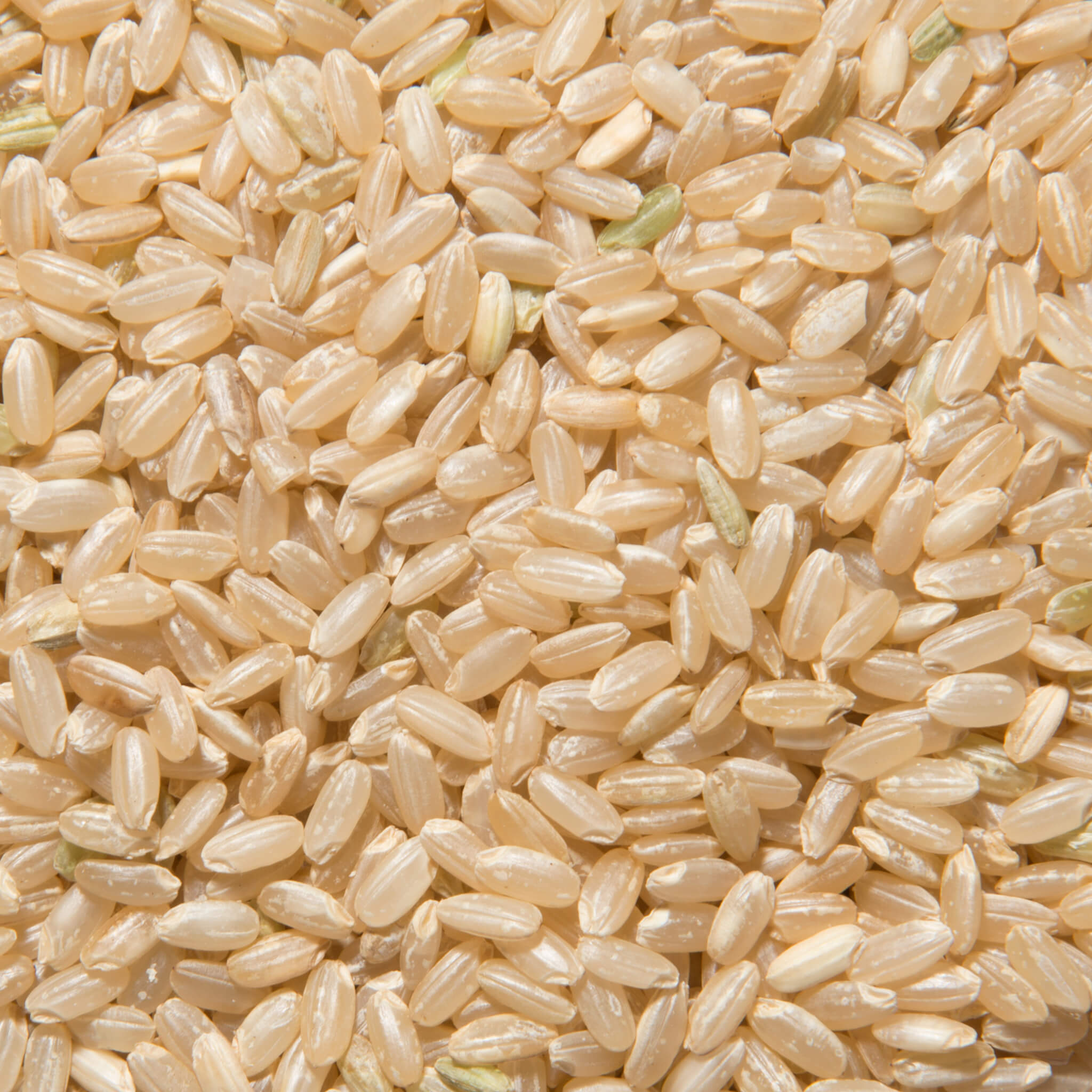 NiacinamideNiacinamide tones and firms skin.
NiacinamideNiacinamide tones and firms skin.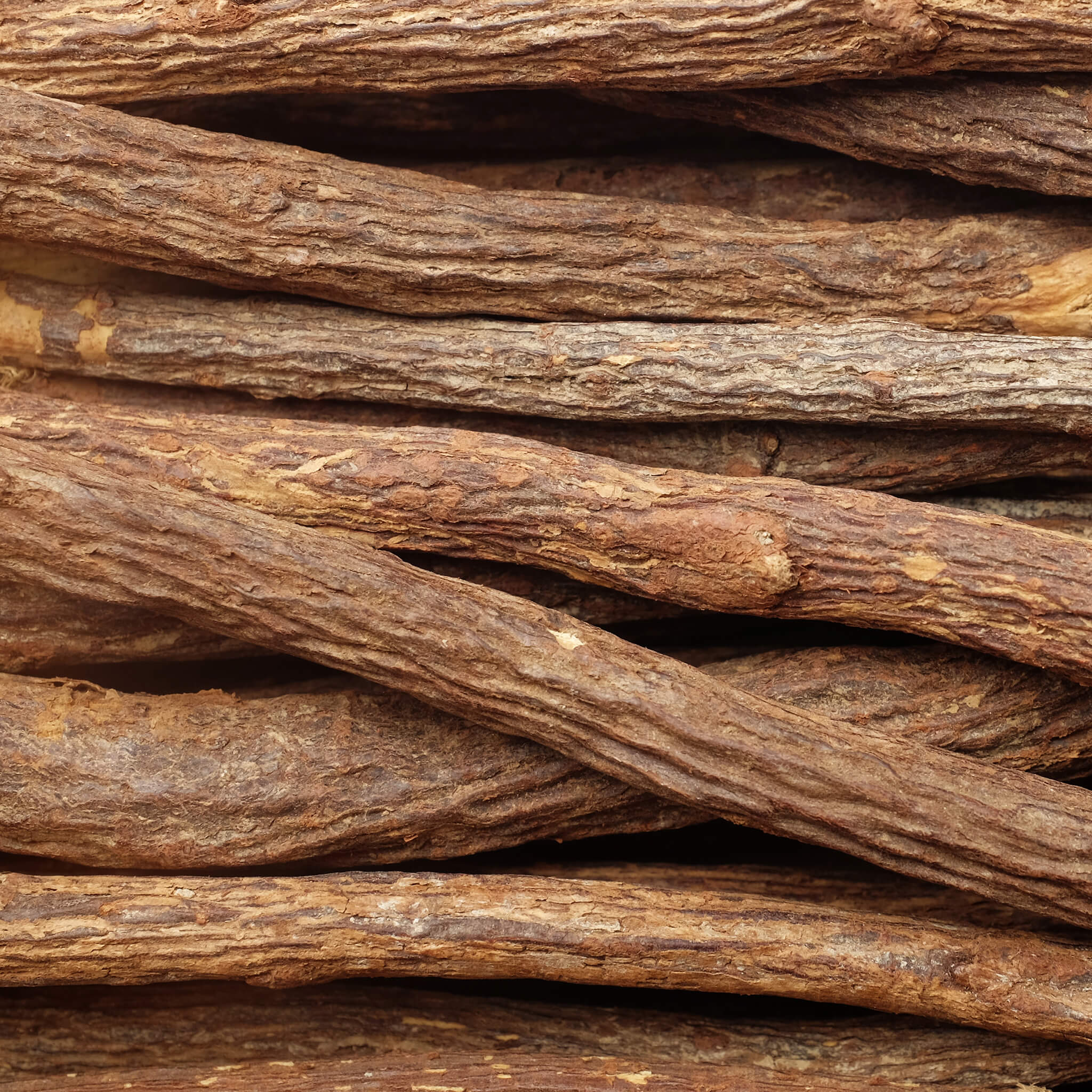 LicoriceLicorice soothes and brightens skin.COMPLETE LIST OF INGREDIENTS: Organic Aloe Barbadensis (Aloe) Leaf Juice, Organic Helianthus Annuus (Sunflower) Seed Oil, Vegetable Glycerin, Bakuchiol, Olive Squalane, Niacinamide (Vitamin B3), Tocopherol (Vitamin E), Ubiquinone (Coenzyme Q10), Sodium Hyaluronate (Hyaluronic Acid), Glycyrrhiza Glabra (Licorice) Root Extract, Kojic Acid, Raspberry Ketone, Organic Lavandula Angustifolia (Lavender) Flower Oil, Organic Pelargonium Graveolens (Geranium) Leaf Oil, Xantham Gum, Lauryl Glucoside (From Plants), Myristyl Glucoside (From Plants), Polyglyceryl-6 Laurate (From Plants), Caprylhydroxamic Acid (From Coconut), Glyceryl Caprylate (From Plants)
LicoriceLicorice soothes and brightens skin.COMPLETE LIST OF INGREDIENTS: Organic Aloe Barbadensis (Aloe) Leaf Juice, Organic Helianthus Annuus (Sunflower) Seed Oil, Vegetable Glycerin, Bakuchiol, Olive Squalane, Niacinamide (Vitamin B3), Tocopherol (Vitamin E), Ubiquinone (Coenzyme Q10), Sodium Hyaluronate (Hyaluronic Acid), Glycyrrhiza Glabra (Licorice) Root Extract, Kojic Acid, Raspberry Ketone, Organic Lavandula Angustifolia (Lavender) Flower Oil, Organic Pelargonium Graveolens (Geranium) Leaf Oil, Xantham Gum, Lauryl Glucoside (From Plants), Myristyl Glucoside (From Plants), Polyglyceryl-6 Laurate (From Plants), Caprylhydroxamic Acid (From Coconut), Glyceryl Caprylate (From Plants)Natural ingredients may vary in color and consistency
Q. What is Bakuchiol?
A. Bakuchiol is a natural alternative to retinol, derived from plants. It offers the skin benefits of retinol without its common side effects, making it suitable for most skin types.
Q. How does Bakuchiol compare to Retinol?
A. While Bakuchiol offers many of the same benefits as retinol, like improving skin texture, reducing fine lines, and promoting collagen production, it's less irritating and can be used during the day without increasing photosensitivity.
Q. Can Bakuchiol be used daily?
A. Yes, our Bakuchiol Moisturizer contains the ideal concentration for daily use, ensuring maximum benefits without irritation.
Q. How does this moisturizer help with dark, age and sun spots?
A. It contains kojic acid, known to suppress tyrosinase and melanin, helping to prevent the formation of dark, age or sun spots.
Q. Is this product suitable for sensitive skin?
A. Absolutely! Bakuchiol is known to be gentler than retinol, and our formulation is designed to be soothing and hydrating.
Q. What makes this Bakuchiol Moisturizer stand out from other products on the market?
A. Our moisturizer is formulated with the proven percentage of Bakuchiol used in clinical studies, ensuring maximum efficacy and benefits for your skin.
Recently viewed
You may also like
89
(89)
$16.00
Bamboo Blur Powder
1264
(1264)
$42.00
Blood Orange Hand Buttercream
162
(162)
$16.00
By using hashtag #100percentpure or #nodirtybeauty, I hereby grant to 100% PURE (Purity Cosmetics), it subsidiaries, agents and affiliates, the unlimited worldwide, perpetual, unending right to use, reproduce, distribute, and convey my image/photograph in any format or medium now known or subsequently developed, to modify and edit my image/photograph, to combine my image/photograph with other images, video, audio, text and other media, to create derivative works incorporating, including or based on my image/photograph. This grant shall be construed broadly.


 Made in USA
Made in USA

